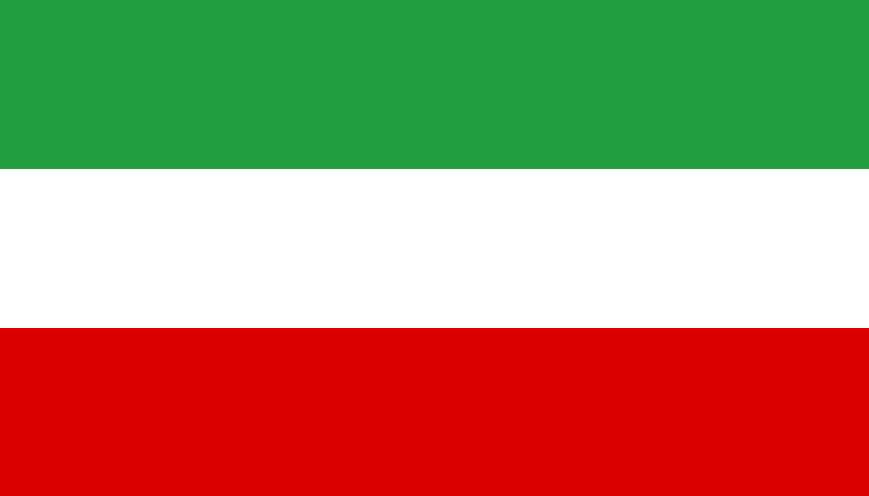
According to The Guardian, Iran has started a trial of a "smart filtering" of Instagram photographs, allowing Iranians access to the site but selectively blocking certain posts, such as those by @RichKidsofTehran, which shows wealthy, young Iranians "flaunting their wealth." If the smart filtering proves successful, Iran may deploy the system on other popular social media like Facebook, Twitter, and YouTube, which currently are blocked in Iran.
“Presently, the smart-filtering plan is implemented only on one social network in its pilot study phase and this process will continue gradually until the plan is implemented on all networks,” Mahmoud Vaezi, the Iranian Communications Minister, said.
The goal is to have the system in place by June 2015. Some Iranians expressed fear that the Iranian government would start cracking down on virtual private networks (VPNs), which already allow people in Iran to bypass the blocking of popular websites and social media.